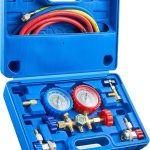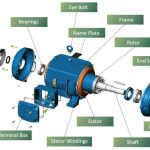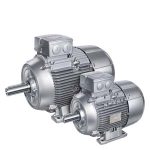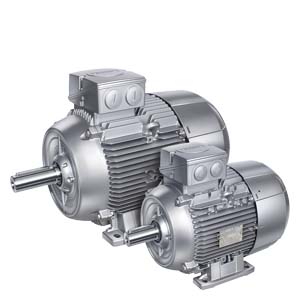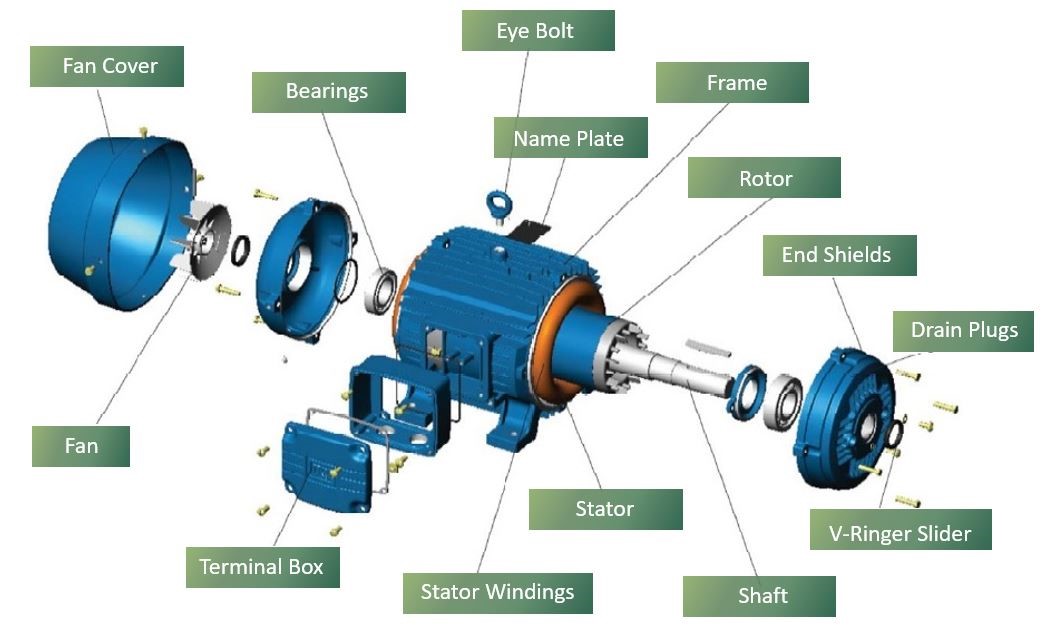The Siemens 1FP1014-0DB2 is a high-performance servo motor, Let’s explore everything you need to know about this motor in simple terms.
What is a Servo Motor?
Before we dive into the details, let’s understand what makes a servo motor special:
- It’s like a super-accurate electric motor
- Can make very precise movements
- Knows exactly where it is at all times
- Can be controlled very carefully
- Works well with computers and automation
Basic Features of the 1FP1014-0DB2
- Physical Features
- Compact size for easy installation
- Durable metal construction
- Built-in feedback system
- Precision bearings
- High-quality connections
- Performance Features
- Quick response time
- Accurate positioning
- Smooth movement
- High torque (turning power)
- Good speed control
- Control Features
- Digital control system
- Position feedback
- Speed monitoring
- Temperature sensing
- Error detection
Where Can You Use This Motor?
- Manufacturing
- Assembly lines
- Packaging machines
- Pick and place robots
- CNC machines
- Precision tools
- Automation
- Robotic systems
- Conveyor controls
- Sorting machines
- Testing equipment
- Quality control systems
- Special Applications
- Medical equipment
- Lab instruments
- Printing machines
- Camera systems
- Positioning tables
Installation Guide
- Before Installation
Prepare for success:
- Check the motor condition
- Gather necessary tools
- Read the manual
- Plan the mounting location
- Verify power requirements
- Installation Steps
Follow these steps carefully:
a) Mounting
- Choose a solid surface
- Align properly
- Use correct bolts
- Check for level mounting
- Ensure proper ventilation
b) Wiring
- Follow the wiring diagram
- Use proper cables
- Make secure connections
- Check grounding
- Verify all connections
c) Setup
- Configure the drive
- Set parameters
- Test basic functions
- Check feedback
- Verify safety systems
Operating the Motor
- Basic Operation
Getting started:
- Power-up sequence
- Initial checks
- Basic movements
- Speed control
- Position control
- Advanced Functions
More complex operations:
- Programming movements
- Setting up sequences
- Configuring limits
- Tuning performance
- Optimizing control
- Safety Features
Important protections:
- Emergency stop
- Overload protection
- Temperature monitoring
- Position limits
- Error detection
Maintenance Guide
- Regular Checks
Daily/weekly tasks:
- Visual inspection
- Noise monitoring
- Temperature check
- Movement tests
- Connection inspection
- Periodic Maintenance
Monthly/yearly tasks:
- Cleaning
- Bearing check
- Cable inspection
- Parameter verification
- Performance testing
- Preventive Care
Avoiding problems:
- Keep area clean
- Monitor performance
- Record unusual events
- Check alignments
- Update software
Troubleshooting Common Issues
- Motor Problems
Common issues:
- Won’t start
- Unusual noise
- Vibration
- Overheating
- Position errors
- Control Problems
System issues:
- Poor response
- Positioning errors
- Speed variations
- Communication errors
- Parameter problems
- Solutions
How to fix things:
- Check connections
- Verify settings
- Test components
- Update software
- Call support when needed
Optimizing Performance
- Basic Optimization
Simple improvements:
- Clean regularly
- Check alignment
- Update parameters
- Monitor feedback
- Keep records
- Advanced Optimization
Better performance:
- Fine-tune controls
- Optimize movements
- Improve accuracy
- Reduce cycle times
- Save energy
Safety Guidelines
- General Safety
Basic rules:
- Follow procedures
- Use proper tools
- Wear safety gear
- Keep area clean
- Train properly
- Electrical Safety
Working with power:
- Disconnect power
- Use proper tools
- Check grounding
- Follow lockout procedures
- Test before touching
- Operational Safety
Safe operation:
- Know emergency stops
- Understand limits
- Monitor operation
- Report problems
- Keep records
Integration with Systems
- Control Systems
Working with controllers:
- PLC connections
- Computer control
- Network setup
- Programming
- Monitoring
- Feedback Systems
Using feedback:
- Position sensing
- Speed monitoring
- Error detection
- Performance tracking
- Quality control
Cost Considerations
- Operating Costs
Regular expenses:
- Power consumption
- Routine maintenance
- Regular inspections
- Minor repairs
- Software updates
- Long-term Costs
Future planning:
- Major maintenance
- Upgrades
- Replacement parts
- Training
- System improvements
Environmental Factors
- Operating Environment
Important conditions:
- Temperature
- Humidity
- Dust levels
- Vibration
- Air quality
- Environmental Impact
Being eco-friendly:
- Energy efficiency
- Waste reduction
- Proper disposal
- Resource conservation
- Sustainable practices
Technical Support
- Getting Help
Where to find support:
- Siemens service
- Local distributors
- Online resources
- Technical forums
- Training programs
- Documentation
Important papers:
- User manual
- Installation guide
- Maintenance records
- Performance data
- Service history
Future Considerations
- Upgrades
Possible improvements:
- New features
- Better control
- Updated software
- Enhanced safety
- Improved efficiency
- System Evolution
Planning ahead:
- Technology changes
- New requirements
- System expansion
- Performance needs
- Cost reduction
Best Practices
- Operation
Daily use:
- Follow procedures
- Monitor performance
- Keep records
- Train users
- Maintain cleanliness
- Maintenance
Regular care:
- Schedule checks
- Preventive maintenance
- Keep spares
- Document everything
- Update training
- Management
System oversight:
- Track performance
- Plan improvements
- Budget properly
- Train staff
- Update procedures
Success Tips
- Installation Success
Getting started right:
- Proper planning
- Careful installation
- Correct setup
- Good testing
- Complete documentation
- Operation Success
Running well:
- Regular monitoring
- Quick response to issues
- Good maintenance
- Proper training
- Clear procedures
- Long-term Success
Staying successful:
- Continuous improvement
- Regular updates
- Good records
- Staff training
- Forward planning
Conclusion
The Siemens 1FP1014-0DB2 is a powerful and precise servo motor that can make a big difference in your automation systems. Remember these key points:
- Installation
- Plan carefully
- Install properly
- Set up correctly
- Test thoroughly
- Document everything
- Operation
- Monitor regularly
- Maintain properly
- Respond to issues
- Keep records
- Train users
- Maintenance
- Regular checks
- Preventive care
- Quick repairs
- Good documentation
- Proper training
- Future Planning
- Watch for updates
- Plan improvements
- Budget properly
- Train staff
- Keep learning
With proper care and attention, this motor will:
- Work reliably
- Last longer
- Perform better
- Cost less to operate
- Help your business succeed
Remember:
- Safety first
- Follow procedures
- Keep learning
- Plan ahead
- Ask for help when needed
This motor represents Siemens’ commitment to quality and innovation in automation. Whether you’re using it in manufacturing, medical equipment, or other precision applications, it’s designed to provide reliable, accurate service while maintaining high performance standards. With proper care and attention, it will be a valuable part of your automation system for many years to come.

